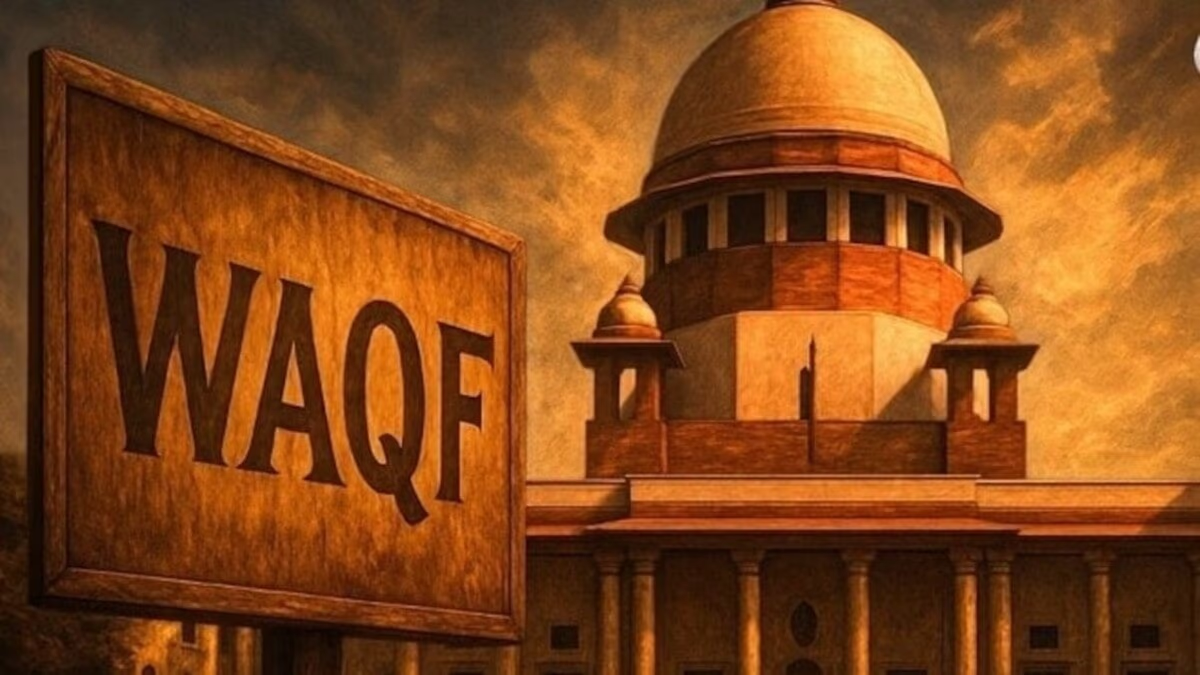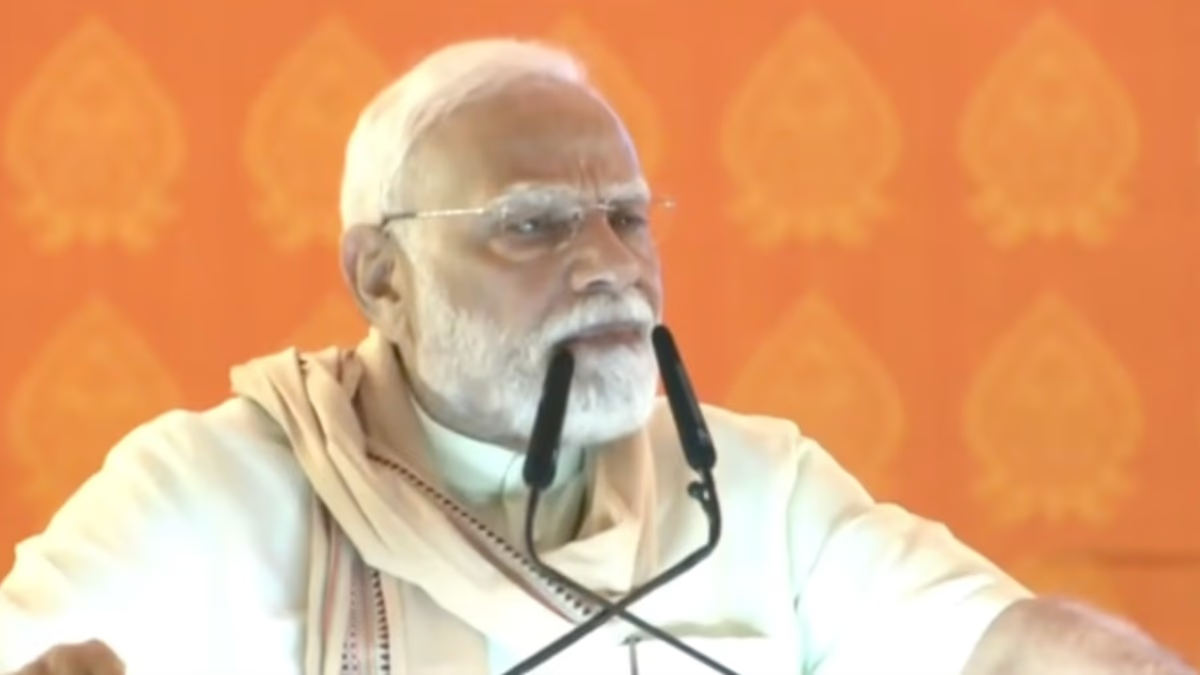The Supreme Court has opted not to completely repeal the Waqf (Amendment) Act, 2025, yet has partially amended and completely halted certain legal provisions. Chief Justice the Honorable B.R. Gavai alongside Justice Augustine George Masih explicitly indicated in their unanimous interim decision that although a full embargo on the Waqf law is not imposed, certain core provisions are now restricted.
According to the Chief Justice, the obligatory five-year practice of Islamic faith as a prerequisite for establishing Waqf is on hold. The decision further limits non-Muslim membership on the Waqf Board, capping it at a maximum of three members, inclusive of both ex-officio and nominated participants.
'Complete Law Suspension Reserved for Exceptional Circumstances'
The court has also halted the provision empowering district collectors to determine whether properties declared as Waqf are, in fact, state-owned, and issue orders accordingly. The Chief Justice stated that a comprehensive suspension of the law could be considered only in the most unusual scenarios.
The bench asserted their presumption of constitutionality concerning legislation passed by the legislature, intervening only under exceptionally rare circumstances. Having thoroughly reviewed all the legislation's sections and heard debates over whether the entire Amendment Act should be halted, their decision was clear.
Court Decision Welcomed by Both Sides
According to the Chief Justice, a system for Waqf property registration has been in place since 1923. This decision, acknowledged with appreciation by Muslim litigants and seen as satisfactory by proponents supporting the legislative interventions. Congress leader and poet Imran Pratapgarhi, present in the Supreme Court, remarked about the interim decision being immensely relieving, ensuring the safety of Waqf properties.
Conversely, supporters of the amended law, Ashwini Upadhyay and Barun Thakur, acknowledged that the law continues to be valid, with two of the three core provisions primarily intact. The provision mandating a minimum Islamic practice for five years before Waqf registration is comprehensively restrained.




